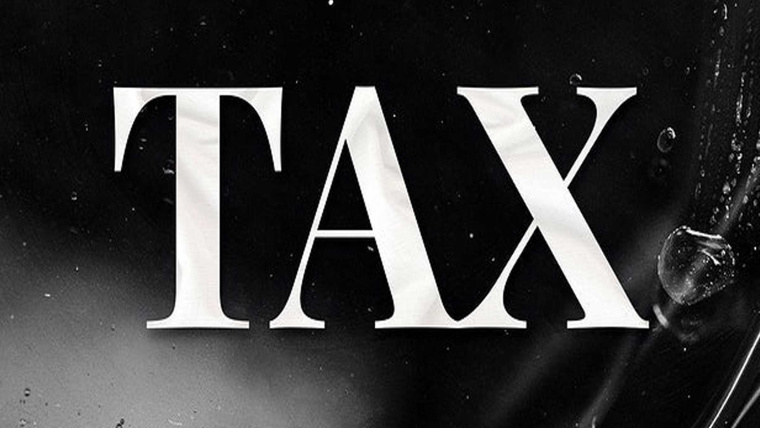Requirements of a contract
- Agreement (intention)
- Contractual Capacity (like those by a child/mentally incapacitated)
- Consideration (the promise)
- Legality (i.e., the goal has to be legal. Not against public policy)
- Genuineness of assent (express consent from both parties)
- Form (some agreements must be in writing)
Roscoe pound is authoritative stating that keeping promises is important to stable social order. First, we must acknowledge the social order attained and that the social order is stable. Then we have the promises that should be kept to sustain the balance or stability. Contracts play a major role in the corrective measures.
A contract refers to an agreement that can be enforced in court, formed by two or more competent parties who agree a consideration to perform or not to perform some legal act now or in the future. Then issues range from whether a child or those that are mentally incapacitated can enter into a valid contract to unfair practices or bluntly put illegal acts. They are designed to provide stability and predictability for the buyer and seller that is to say the market.
Such that they are presumed to be promises that should be valid (or invalid) and therefore it is in society’s interest that they are enforceable by the court. To a student of social observation, it could be the spirit of the age therefore valid or it is against the interest of society) and therefore is invalid (It is likewise to those contrary to public policy, justice and fairness. So that we speak of freedom of and freedom from the contract.
This article is intended for general knowledge only. For legal advice on this, please contact us through info@atandiadvocates.africa or seek proper legal counsel.


